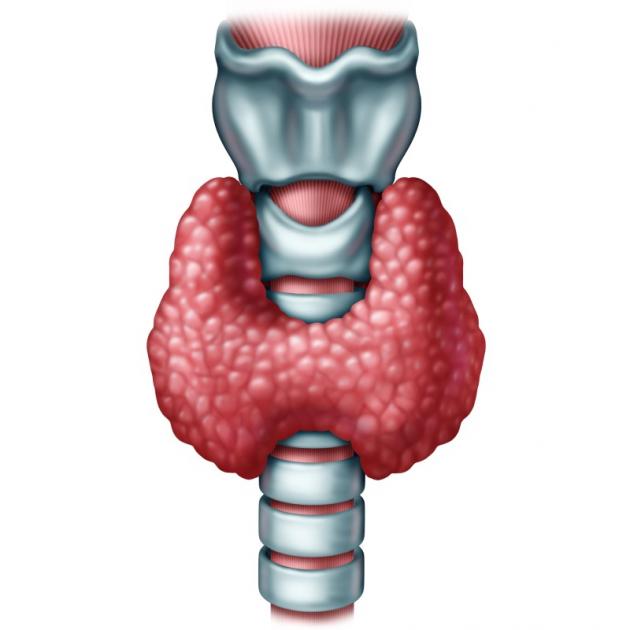A Korean research team has identified gene mutations associated with high risk of thyroid cancer, the most common cancer in Korea, Seoul National University Hospital서울대병원 said Tuesday.
Professors Kim Jong-il김정일, Park Yeong-ju박영주, and Son Ho-young선호영 of the Seoul National University Hospital (SNUH) jointly conducted the research with the National Cancer Center 국립암센터(NCC) and found that the “NRG1” gene -- one of four proteins in the neuregulin family that act on the EGFR family of receptors -- has proved to be a significant mutation in thyroid cancer epidemic in Korea.

Thyroid cancer has a high hereditary trait, which accounts for about 50 percent of the causes of thyroid cancer. The family history of thyroid carcinoma is found in about 4-5 percent of Western patients and 9.6 percent of Korean patients.
The researchers conducted a complete field genome association study with 1,085 cases of differentiated thyroid cancer and 8,884 controls. The results showed the NRG1 gene is highly associated with the development of thyroid cancer in Koreans, and that it is a significant mutation that causes functional changes amounting to ribonucleic acid (RNA) in thyroid tissue.
Until now, a thyroid cancer-associated gene mutation “FOXE1” in Westerners was far less frequent among Asians, found only in 7-8 percent of the population. The gene mutation discovered in this study is found in 25 percent of the Korean population, which is why NRG1 is expected to contribute to the prevention and diagnosis of thyroid cancer in this country.
Also, the researchers identified seven novel transcriptional gene constructs (VAV3, PCNXL2, INSR, MRSB3, FHIT, SEPT11, and SLC24A6) that identified three mutations associated with thyroid cancer (FOXE1, NKX2-1, and DIRC3).
"We have identified specific mutations in other thyroid cancer that have different influences according to ethnicity," Professor Park said. "With these findings, it can provide clues to the genetic cause of thyroid cancer.”

